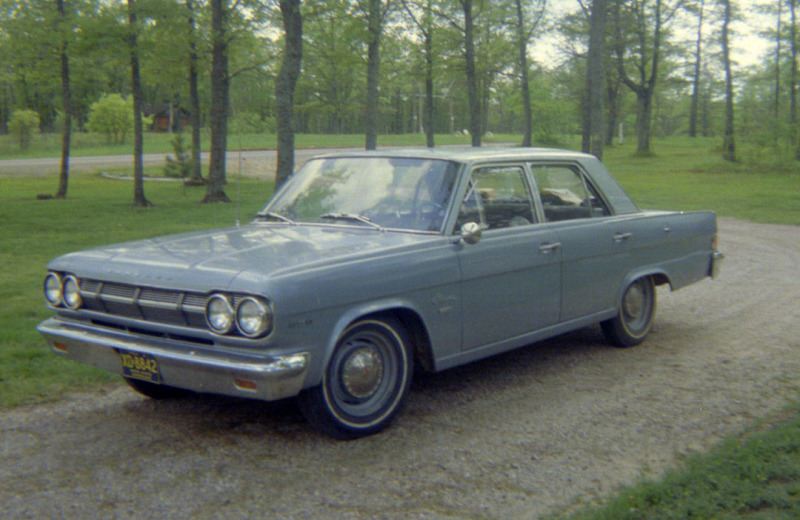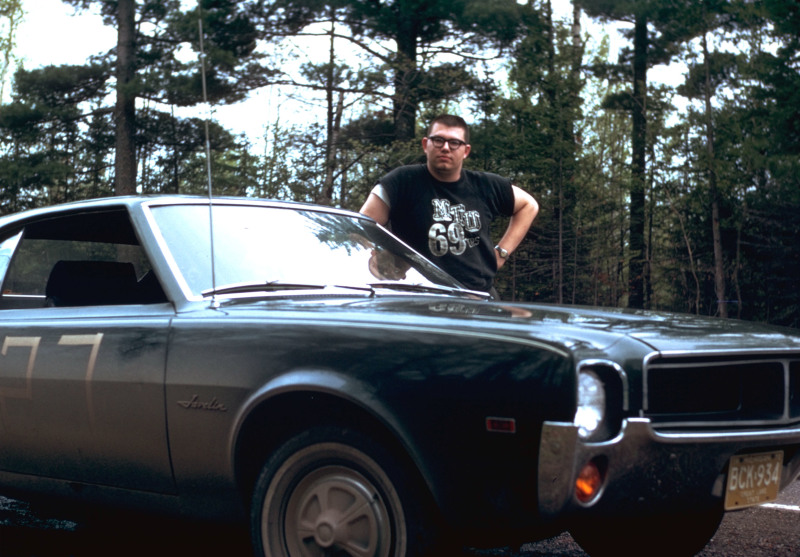Everything in life is a trade off.
It's hard to argue against accuracy. Yes, our researchers are providing the industry with more accurate science. This research leads to more complex (but more accurate) procedures, which then become adopted into newer versions of codes. The codes grow and grow. This doesn't surprise me after all, who is against being accurate?
We should, to a point. An engineer's job isn't to be accurate -- it's to make decisions. And lots of them.
Engineers need to make countless decisions on a single project, let alone their careers. Should the wall be 18" or 24" thick? What's my load path? Will this material selection satisfy the fire provisions of the code? Is my edge of slab 1'-6" or 1'-10" along this column line? Do I have enough budget? Do I have enough time?
Experts have learned how to make decisions. Sometimes, you need to run a thorough and time consuming analysis. Other times, you need to discuss the issue with several peers, offer assessments, solicit feedback and use that perspective to decide. But most times, you just need to rely your gut and keep moving.
"Expertise" is shorthand for "my intuition and memory have been calibrated by so many years of conscious thought and experience that it's all one system, working together." That's powerful stuff. Our subconscious is where our real horsepower really lies...and it takes time and effort to build a root network into it.
We need to value what it means to be an expert. It's our calibrated intuition. It's our ability to make decisions. It's our ability to then communicate those decisions to a wide audience. It's not our ability to compute accurate answers. Heck, that's what computers do.
So every time we uproot our previous understanding in a favor of new, marginally more-accurate ones -- it costs us something. We can't rely on our intuition while we are reprogramming it with the new understanding. That takes time and effort. Meanwhile, our ability to quickly make decisions is short circuited -- and projects, clients, and our bottom lines suffer.
Codes are here to protect the public -- what's the best way to do it? Do you allow engineers to nurture their expertise based upon their current understanding so they can deploy it to make thousands of thoughtful decisions on thousands of projects that affect thousands of lives each day? Or do you force the entire profession to unlearn and relearn by tinkering with the codes so it takes a dozen pages to calculate a wind pressure of 24.31 psf when one page that yields 25 psf would lead to the same decision?
Everything in life is a trade off. My gut tells me that we should argue against accuracy more than we have been. Expertise is valuable.
"We shape our buildings, thereafter they shape us." -WSC



